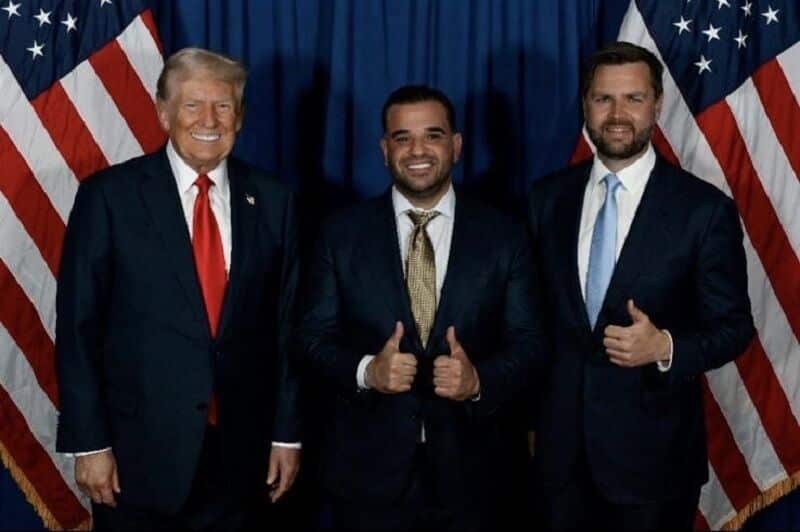US envoy: Iraq needs urgent reforms.
US President Donald Trump’s envoy to Iraq, Mark Sawiya, announced in an article on the “X” network that the partnership between Iraq and the United States has made significant progress in recent years.
Sawiya claimed that the United States has always supported legitimate security institutions in Iraq, and that real progress has been made in joint efforts to defeat ISIS, counter malign influences, and strengthen regional stability. However, necessary reforms are needed in Iraq.
Trump’s envoy added that American companies, which have provided billions of dollars in first-class equipment and support, are key partners in strengthening Iraq’s security and sovereignty.
According to IRNA, the US envoy’s claim about Iraq’s need for necessary reforms comes at a time when, according to experts, the US failed to achieve its political goals in Iraq in the recent elections.
The Lebanese newspaper “Al-Akhbar” also considered the results of the recent Iraqi parliamentary elections disappointing for the US and reported that Washington is quickly preparing to send a delegation to Baghdad to exert pressure on determining the structure of the future Iraqi government. Ayatollah Seyyed Yassin Mousavi, the Friday prayer leader in Baghdad, also emphasized that the results of the recent elections are a clear message of the awareness and vigilance of the Iraqi people, because the movements that introduce themselves as “civil” and operate with the support of the United States, despite nearly 400 candidates, only won one seat.
On the other hand, by sending a special envoy of Iraqi origin, Washington is seeking to strengthen its influence in Iraq through the economy and politics; a soft strategy whose ultimate goal is to control decision-making in Iraq without the need for a large military presence.
Analysts suggest that the appointment of Marc Savia is part of Trump’s strategy to rearrange the influence map in West Asia and an attempt to weaken and divide the forces of the resistance axis, including Iraqi groups, through indirect pressure to disarm and distance them from Iran.
Choosing someone with Iraqi roots, proficiency in Arabic, and cultural knowledge of Iraqi society can facilitate direct and immediate contact with political, religious, and ethnic movements. In addition, Sawaya’s Christianity may provide a basis for greater interaction with minorities.
He will probably try to infiltrate the Iraqi political decision-making structure through economic development slogans, under the pretext of solving livelihood, industrial and agricultural problems. In fact, according to Trump’s interpretation that “Iraqis do not know how to use their oil wealth,” Sawaya’s mission is nothing more than “teaching how to manage wealth in accordance with Washington’s interests.”
It is clear that the US government is preparing the necessary conditions for the widespread entry of American companies into the Iraqi market, especially in the oil, weapons, security and digital technology sectors. The presence of these companies means controlling part of Iraq’s national capital and accessing sensitive information from government and private institutions.
On the other hand, these companies usually use foreign security companies – mainly American – to protect their facilities and employees; Companies that are often linked to American intelligence agencies and even the Zionist regime.

